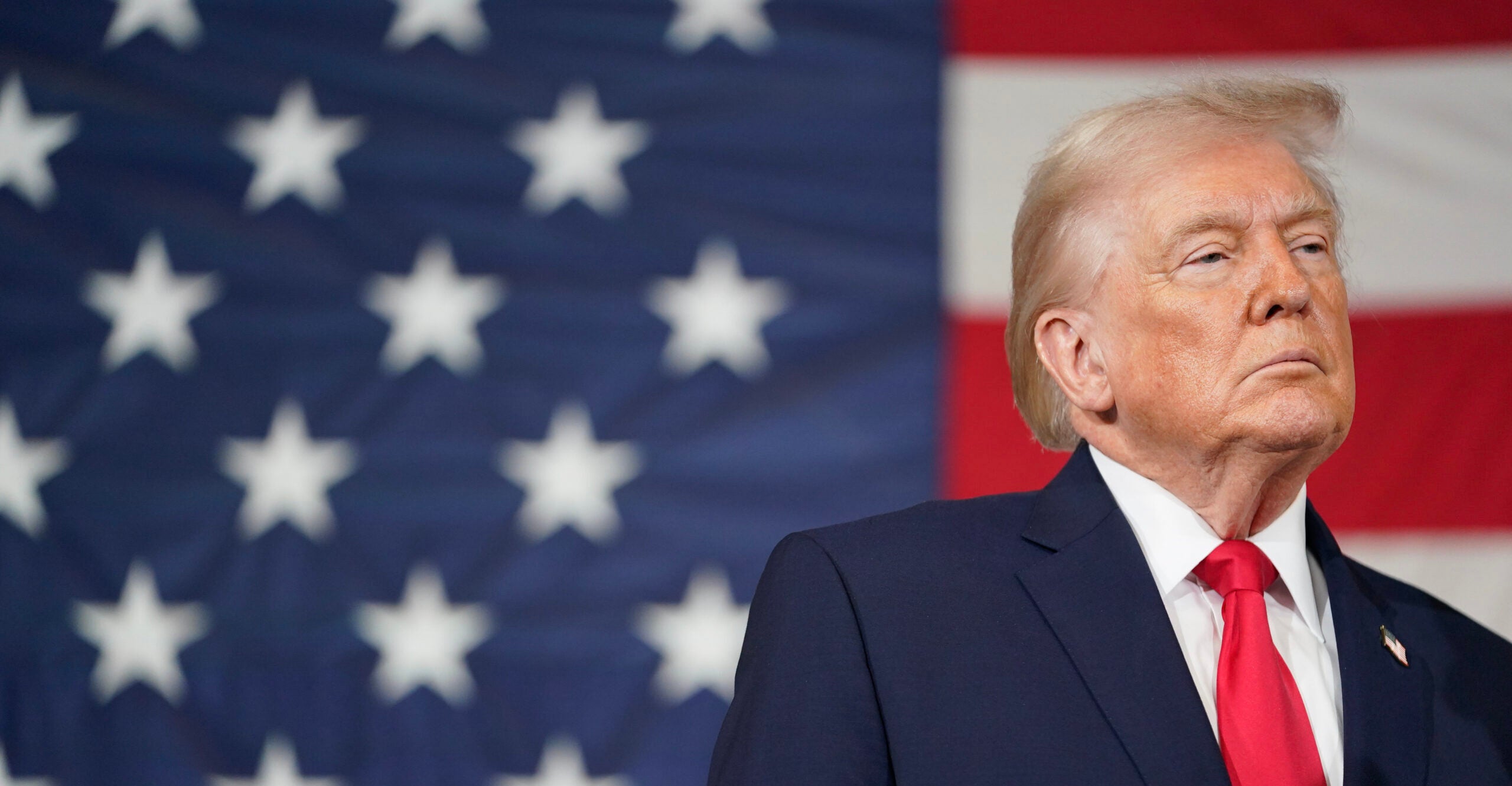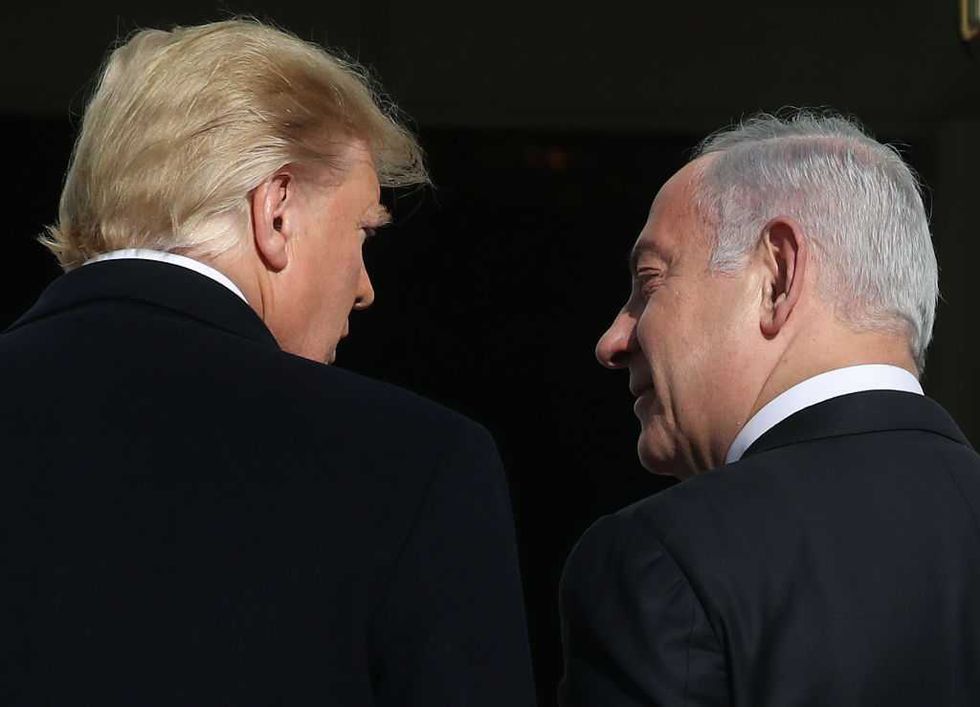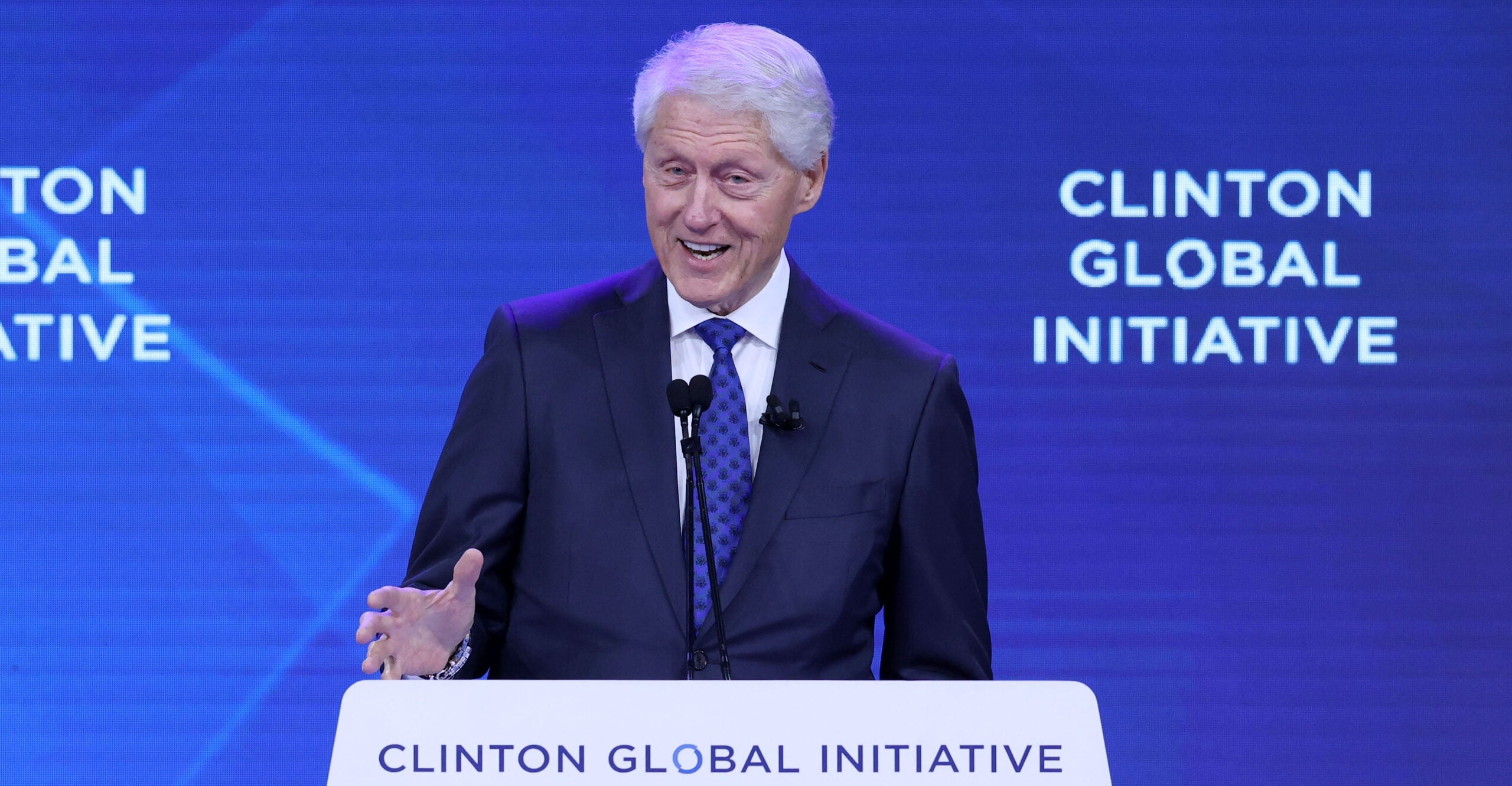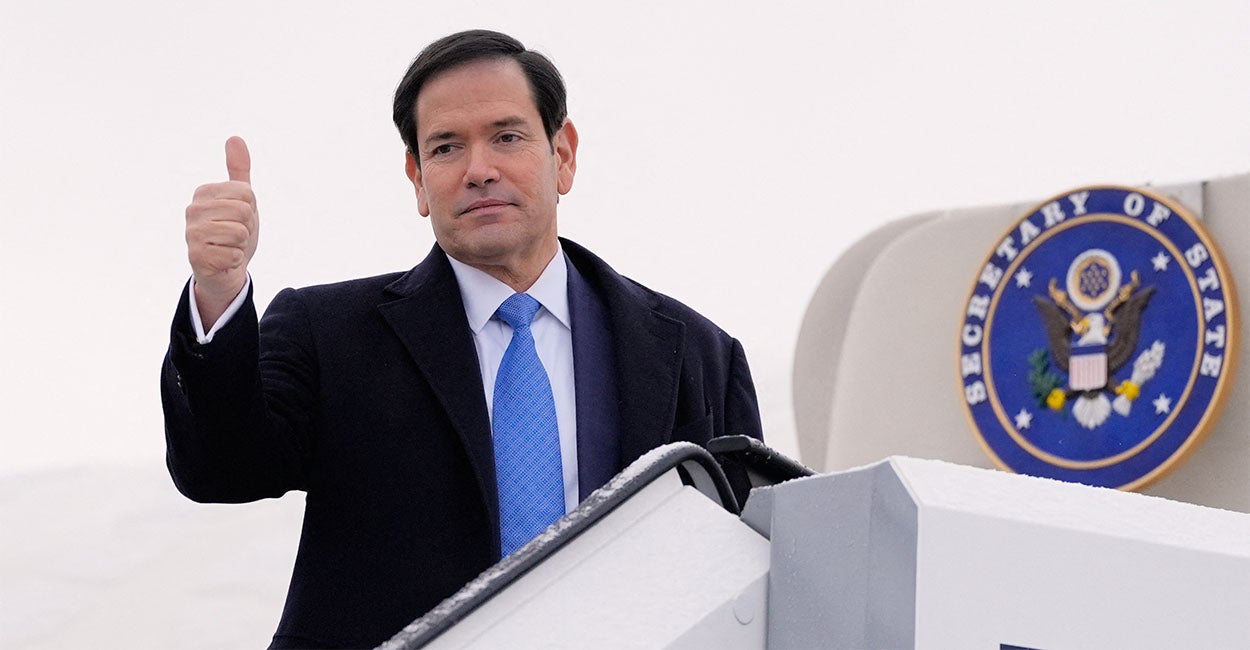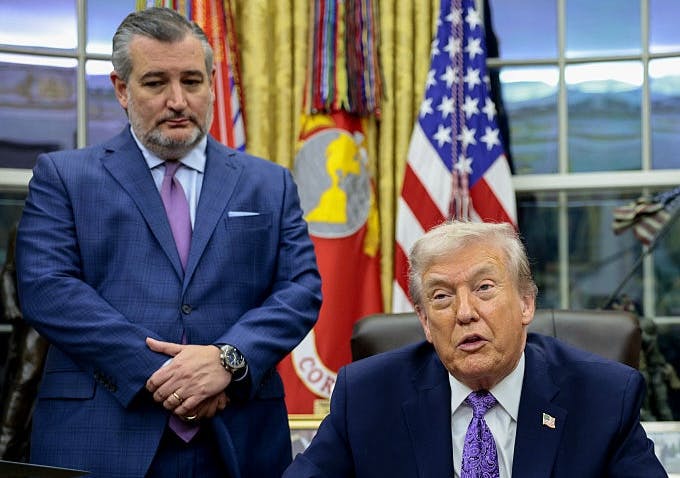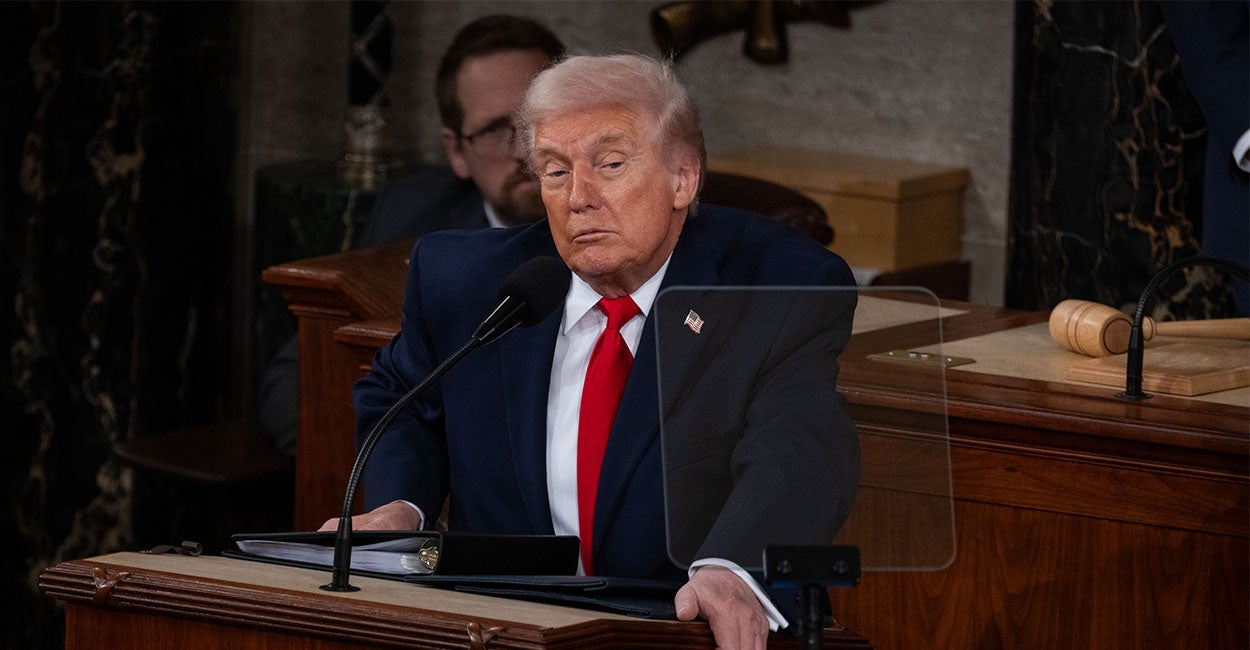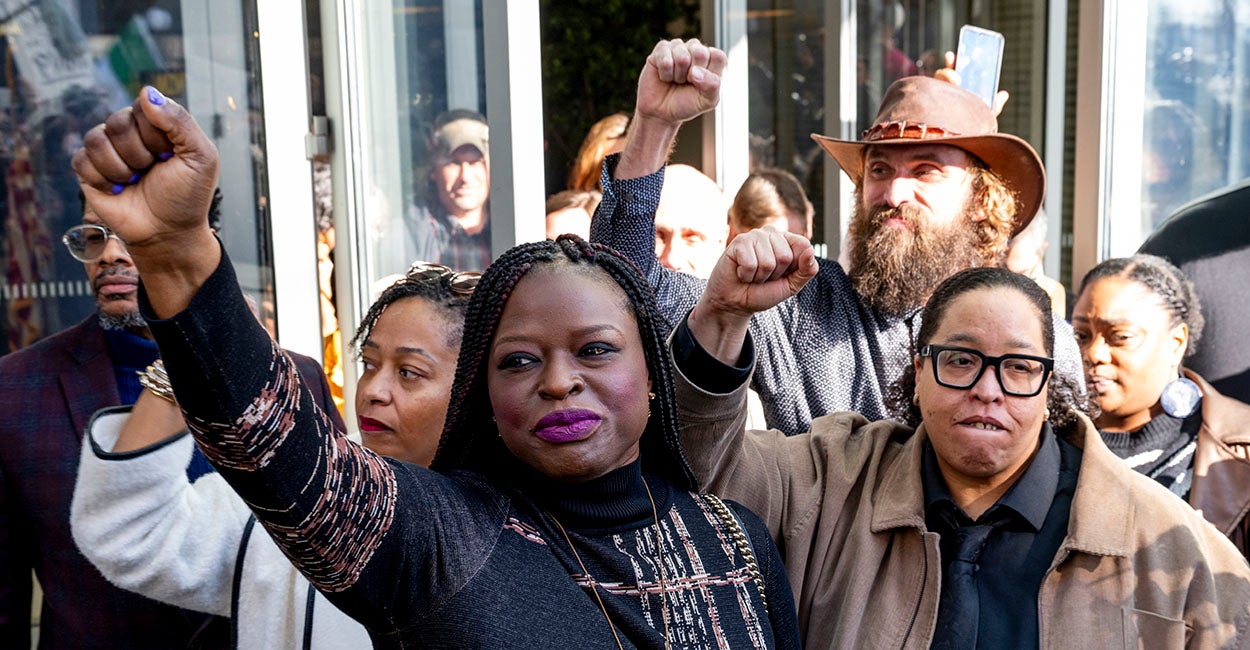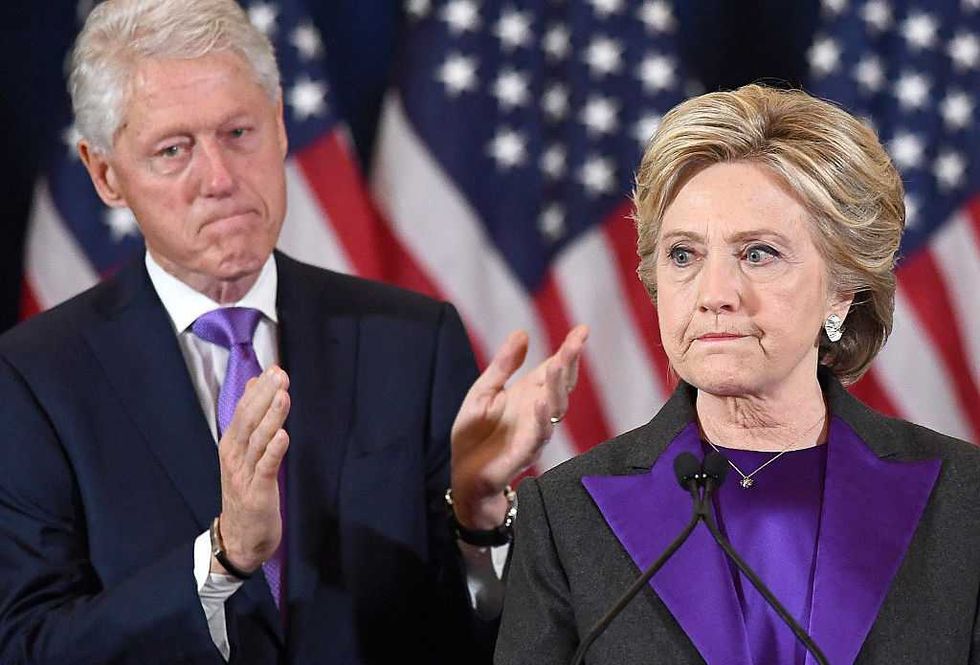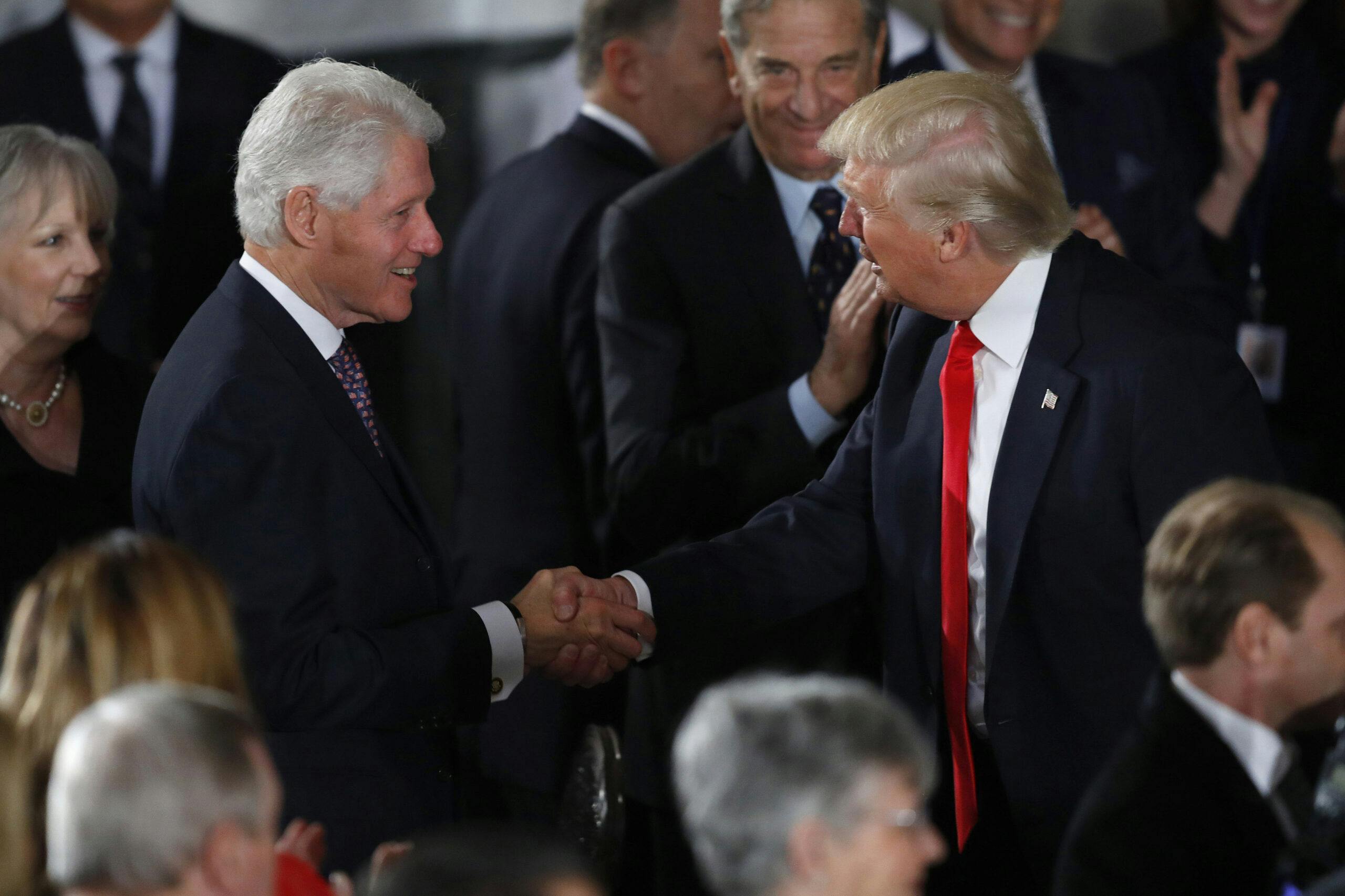Trump’s Gaza Proposal Leads The Way To A New Middle East Order

President Trump’s new proposal offers a stark vision: that peace in the Middle East depends on confronting terrorism directly.
Live Your Best Retirement
Fun • Funds • Fitness • Freedom
The 20-point plan was revealed on September 29 — during a news conference at the White House alongside Israeli Prime Minister Benjamin Netanyahu — where Trump unveiled his proposal to reporters. Key parts of the plan include the Hamas terrorist group releasing all living and deceased hostages within 72 hours of Israel publicly accepting the agreement.
All Hamas members who commit to peaceful coexistence and decommission their weapons will be given amnesty, while the Gaza Strip itself will be redeveloped and governed under a temporary transitional “Board of Peace” chaired by Trump and other heads of state, including former British Prime Minister Tony Blair.
Beyond the immediate terms, Trump framed his plan as a turning point in the region’s political future. “Today is a historic day for peace,” Trump said of his proposal. “Let’s call it eternal peace in the Middle East.” Trump’s plan received the backing of Netanyahu, along with eight majority-Muslim countries, including Egypt, Saudi Arabia, the United Arab Emirates, Qatar, and Turkey.
The plan itself maintains Israel’s key security interests and states that no Palestinian Authority takeover of the Gaza Strip or future Palestinian statehood would be established without significant reforms.
For Washington, the plan is more than an Israeli security issue. It reinforces America’s alliances with Arab partners, strengthens deterrence against Iran, and demonstrates U.S. leadership at a time of global instability.
If Hamas fails to uphold its part of the agreement, Trump warned last Friday on Truth Social that “all hell” would break out against the terrorist group and that there will be peace in the Middle East “one way or the other.”
Without decisive pressure, Hamas will continue to destabilize the region, drawing the U.S. back into endless crisis management. Trump understands that peace can only come through the recognition that Hamas is a genocidal terrorist organization that cannot be reasoned with. According to American political analyst Bruce R. Hoffman, both the 1988 Hamas Covenant and its successor document, the 2017 Hamas Charter, reveal the movement’s objectives and intentions to eradicate every Jewish person from the region.
This is why the plan has oriented every state in the region, including Qatar and Turkey — nations that have traditionally allied with Hamas — against the terrorist group.
Prior to this agreement, Hamas believed that it had backed Israel into a corner, even when Trump gave similarly worded threats to the terrorist group in February to release the hostages. Hamas’ own leaders admit that the group prioritizes its fighters and its genocidal ideology over the lives of Palestinians. Mousa Abu Marzouk, Hamas’s No. 2 leader, told Russia Today TV that “protecting Gaza civilians is the responsibility of the United Nations and Israel” and that the vast underground tunnel network built by Hamas in the Gaza Strip is meant to protect Hamas fighters and not civilians.
Hamas’ tunnels don’t just threaten Israel — they challenge America’s broader strategy against Iranian proxies across the region.
Khalil al-Hayya, a member of Hamas’ top leadership body, said in a New York Times interview that Hamas did not seek to improve the situation of Palestinians in the area by providing them with basic necessities such as water and electricity.
Hamas only cares about pursuing its genocidal ideology. It cannot be appealed to rationally through unilateral declarations of Palestinian statehood. By contrast, Israel does care about the lives of its hostages as well as the lives of innocent Israeli and Palestinian people, which puts it at a disadvantage in its goal to effectively fight against Hamas.
European recognition of Palestinian statehood ignores Hamas’ stated objectives and weakens deterrence against terrorism. While Israel is a Western democratic country, it lives amid a sea of irrational actors. Appealing to Western values, such as modernization, economic development, and liberalism, is not as highly valued in that region.
But Trump’s willingness to put overwhelming pressure on Hamas represents a break with years of failed strategy.
Trump has leveraged American power for the Arab states to pressure Hamas, sending a clear message that time is not on their side. It also deprives them of the opportunity to rebuild their terrorist infrastructure, as was the case in previous ceasefires and hostage deals. The plan also lays the groundwork to strengthen future relations between Israel and its Arab neighbors, continuing where the Abraham Accords left off with normalization agreements signed between Israel, the United Arab Emirates, Bahrain, Morocco, and Sudan.
This is why Trump’s break with conventional diplomacy matters now, on the anniversary of October 7 — the bloodiest massacre against Jewish people since the Holocaust — and anti-Israel demonstrations are rising throughout the world, Western leaders must understand that they must follow Trump’s example if Israel’s war against Hamas is to end. The same principle applies beyond the Middle East. Whether it is Russia’s invasion of Ukraine or China’s growing belligerence against Taiwan, any path to peace must be culturally adapted according to its regional context. Global credibility is a butterfly effect, where America’s lost credibility in the Middle East weakens it in other regions of the world, such as Europe and Asia. As Russia tests NATO and China challenges U.S. resolve, American credibility in the Middle East matters more than ever.
For U.S. policymakers, the lesson is clear: only decisive, uncompromising pressure on Hamas can create the conditions for peace — and America must lead this effort.
* * *
Bradley Martin is the Executive Director of the Near East Center for Strategic Studies. Follow him on Facebook and X (Twitter) @ByBradleyMartin.
Dr. Liram Koblentz-Stenzler is a senior researcher at the International Institute for Counter-Terrorism (ICT) at Reichman University, Herzliya, and a visiting scholar at Brandeis University. Follow her on LinkedIn.
The views expressed in this piece are those of the authors and do not necessarily represent those of The Daily Wire.
Get 40% off new DailyWire+ annual memberships with code FALL40 at checkout!
Originally Published at Daily Wire, Daily Signal, or The Blaze
What's Your Reaction?
 Like
0
Like
0
 Dislike
0
Dislike
0
 Love
0
Love
0
 Funny
0
Funny
0
 Angry
0
Angry
0
 Sad
0
Sad
0
 Wow
0
Wow
0



